You’re basic.
It’s thought that the term “basic bitch” originated from a 2009 video of Lil Duval standing on a toilet in front of his mother’s shower curtain, wherein he proceeded to degrade every type of woman he could fathom.
While the emergence of “basic” remains elusive, there’s no mistaking its connotation as insulting. Prior to entering the cultural lexicon, to be basic simply meant to be average or simple. Now, it has become a humorous critique against behavior, originality and personality — or lack thereof.
So, what does she look like?
The “Basic” is always on trend, never stepping outside of the box. She absent-mindedly conforms to what all the other girls do and wear — think of pumpkin spice lattes, Lululemon leggings, Stanley cups, Taylor Swift and any other female-centric popular culture trend from the last 15 years.
More specifically though, it isn’t the act of buying coffee or listening to music that’s the problem, but rather the mindless embodiment of what everyone else is already participating in. When considered in the context of our social media climate that relies so heavily on self-branding and distinction, there comes a particular humiliation in being indistinguishable. As Time so eloquently notes, it’s “pathetic.”
And yet a striking contradiction is apparent. On the one hand, adolescence is defined by society’s constant pressure to fit in, lest you be relentlessly bullied for your off-brand attire, ethnic lunches or fifth-generation iPod. Despite such threats of ostracization, the “Basic” is simultaneously ridiculed. How could she dare commit the crime of unoriginality in a world of simply so much?
This dissonance points to a separate, more obscure reason for the fierce contempt society directs at being basic. It isn’t just about being original; uniqueness implies you challenge your consumption habits — and by extension, yourself — more than the average person. We are therefore made to feel that being “different” indicates a refined individuality. And by contrast, being basic is so unbearably in poor taste. In other words, choosing to consume what makes you surface-level “different” renders you superior to the rest of us.
And it is from this pompous, grossly unfounded logic that the counter-basic “I’m not like other girls” girl comes to fruition.
Instead of shopping, she plays video games, eats pizza instead of a salad and, most odiously, could never wear that much makeup. But what makes her so absurd is that she parades this thinly veiled misogyny for the sole purpose of putting down the vain, catty “Basic” girls. It’s not simply being a tomboy — it’s condemning every other girl for not being a tomboy. By presenting herself as different and “not like the other girls,” she attempts to superficially make herself look better at the cost of making us look worse.
We can see this cliche everywhere on social media or as tropes in literature and in movies, with characters like oh-so edgy Jo in Mean Girls 2 quite literally saying she’s not like other girls.
This cringeworthy “pick me” girl has internalized society’s hatred for being basic, and in her efforts to emphasize her difference or uniqueness, she puts other women down. She thinks herself better than every other girl and prides herself on not being basic.
But this is only one expression of a larger collective attitude. It’s the Tinder date who really tries to emphasize how he could never be a player like those “other” guys. The influencers that boast of being a “Kesha” in a world full of “Hailey Biebers.” The girls who flaunt reading Virginia Woolf and Donna Tart when you bring up Colleen Hoover. The self-important groupies who haughtily remark, “You listen to Taylor Swift? Well, I listen to Pink Floyd.”
This mentality has perversely invaded every facet of our lives.
It results in pretentious, arrogant mindsets that render us incapable of existing without relating ourselves to how different we are from everyone else. It’s not enough to like something niche; you have to make the basics feel bad about not liking it as well. And then you’ll proceed to gatekeep it because not being the sole listener of Tame Impala makes you less special and will send you into cardiac arrest.
The truth is, all of us are basic. It doesn’t matter what high-end or thrifted brands you cloak yourself in or “underground” bands you listen to — you are not the sparkly snowflake you’ve fooled yourself into thinking you are. This general elitism of thinking your consumption habits make you superior is delusional, and mistakenly writing off “basic” people as dull only serves to superficially reinforce your own insecurity that you’ve masked with a culturally unique facade.
Being basic and unique are not mutually exclusive. Similarity on the outside doesn’t equate to identical on the inside — consumption habits are not casual to who we really are.
You’re different because of your challenges, your triumphs, your experiences and how you view the world around you. You’re different because of the stuffed animal that’s remained by your side since you were 7, that one pair of shoes you refuse to toss out no matter how destroyed they get and your embarrassingly dysfunctional family that loves you unconditionally.
But you’re definitely not different because you listen to Nirvana — along with 31.5 million other people — and it certainly doesn’t make you any better than the rest of us.
This performative authenticity of uniqueness paradoxically makes your performance less authentic. The harder you go out of your way to be different, the less you remember to be yourself.
So instead of an exhaustive, never-ending pursuit of otherness in a futile attempt to avoid being basic, listen to that Taylor Swift song without worrying about what your Spotify Wrapped is going to look like on next year’s not-so-private story.
Because yeah, you’re basic. But who isn’t?
Isabella Garcia is an economics sophomore and opinion writer for The Battalion.



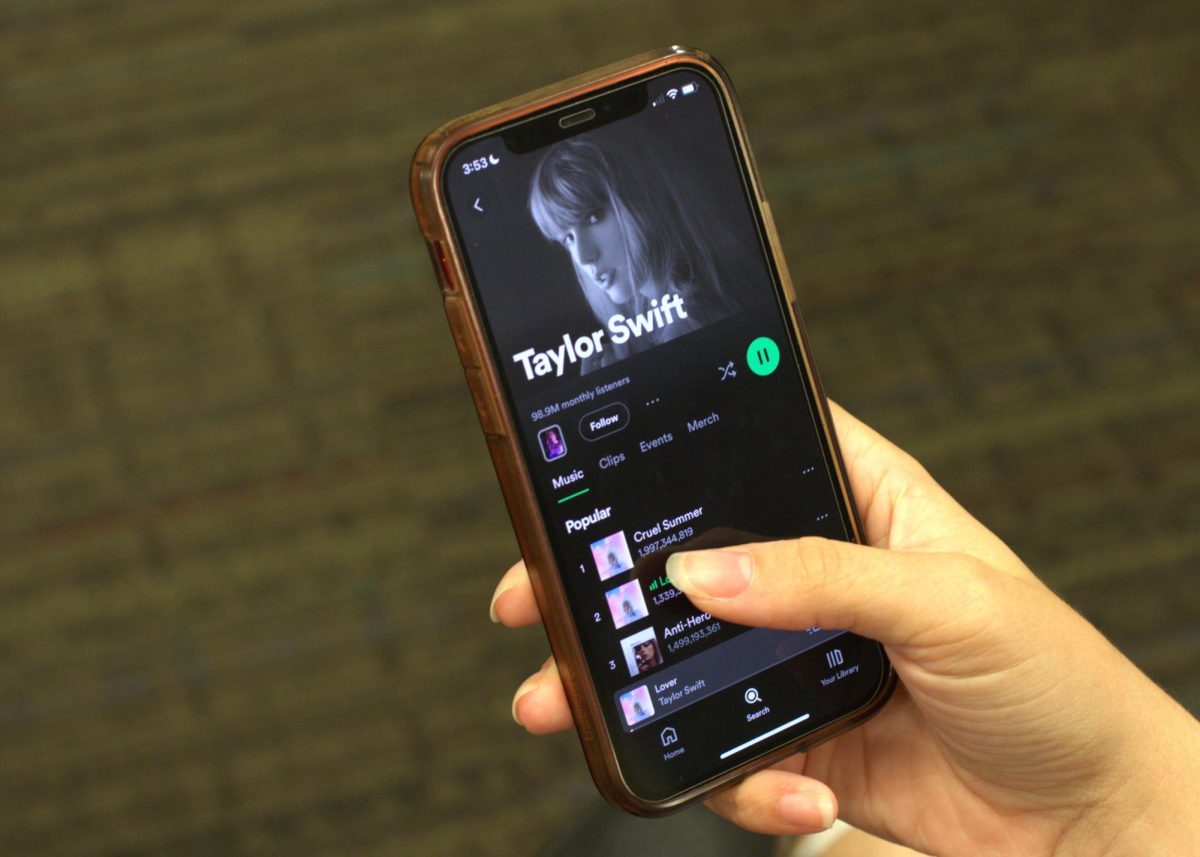



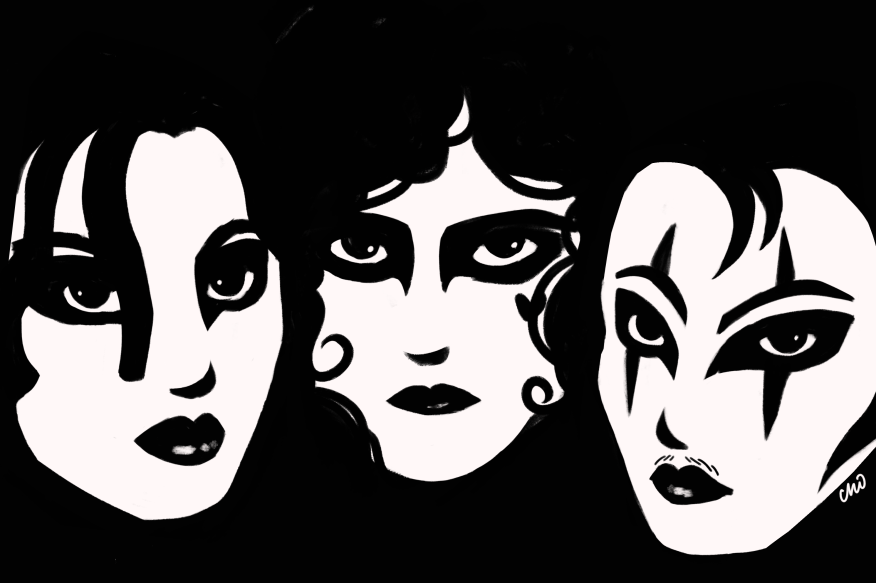
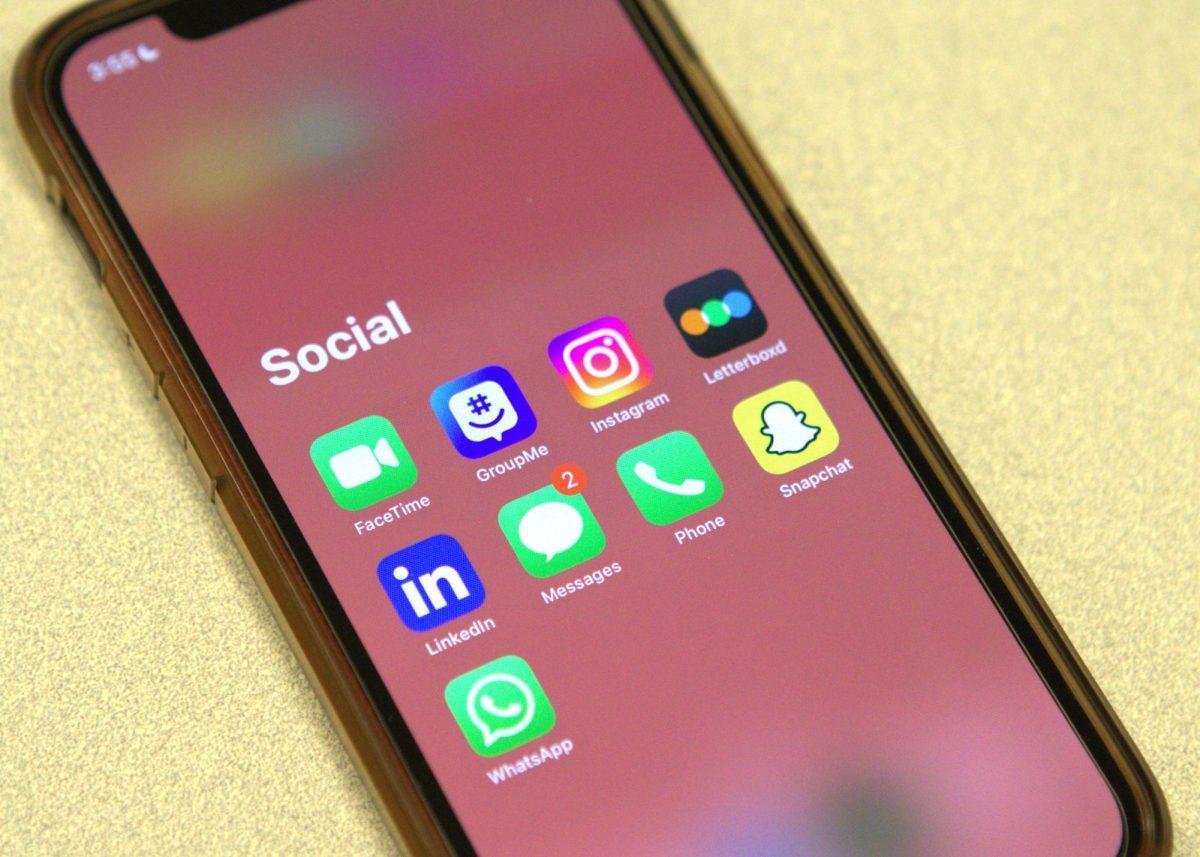
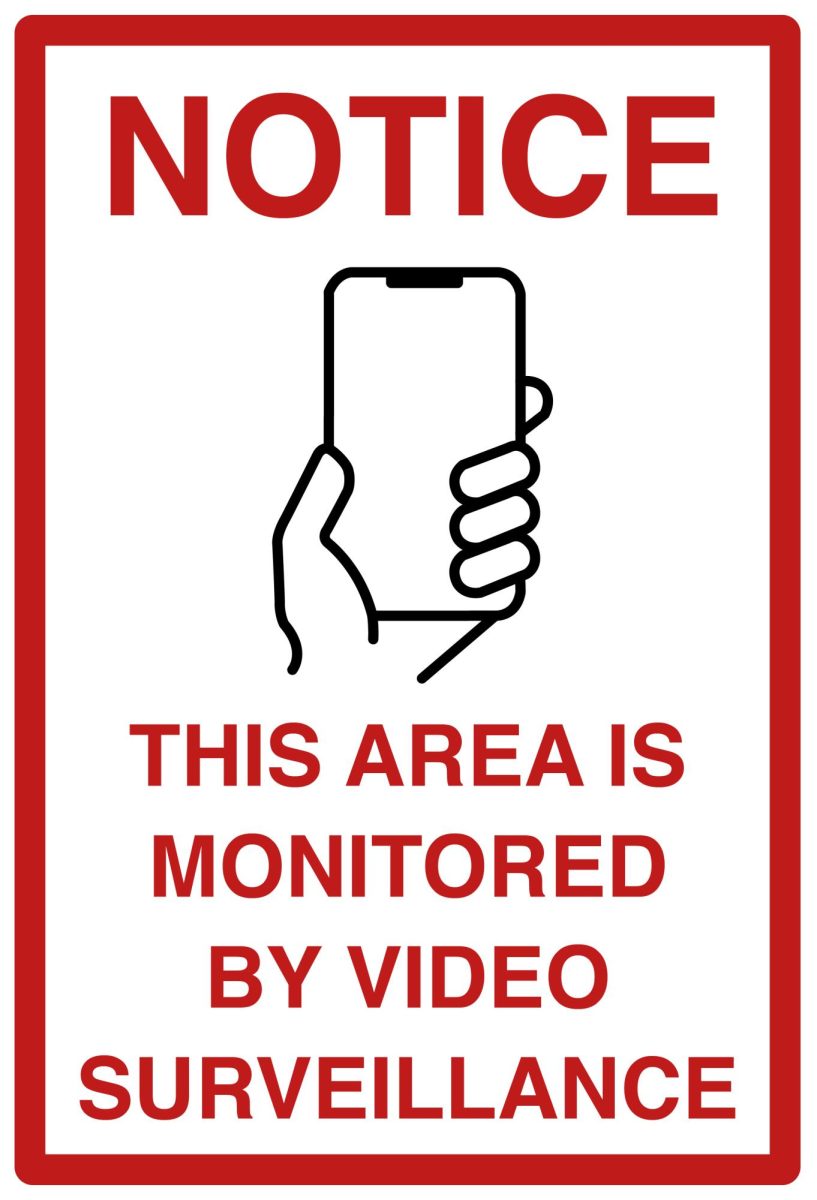


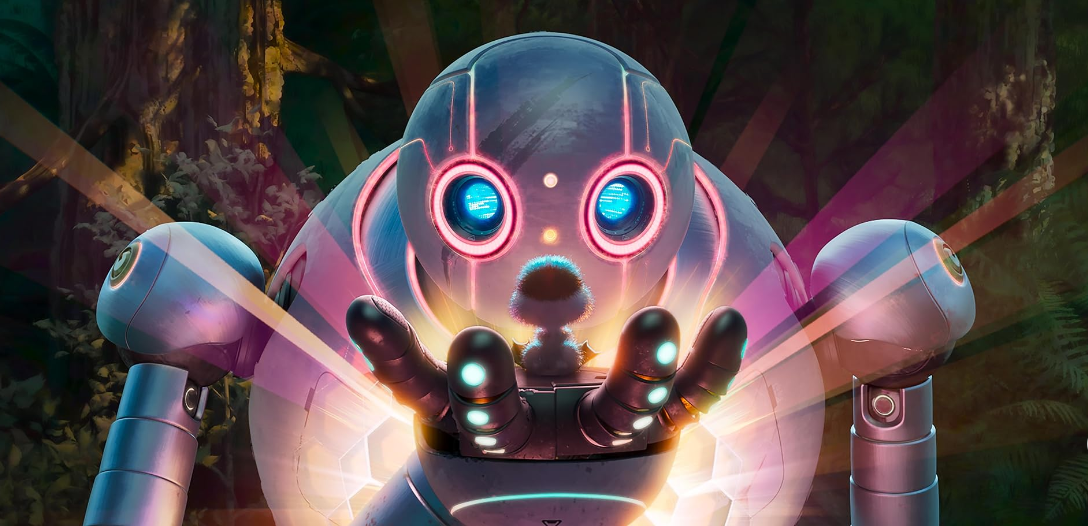

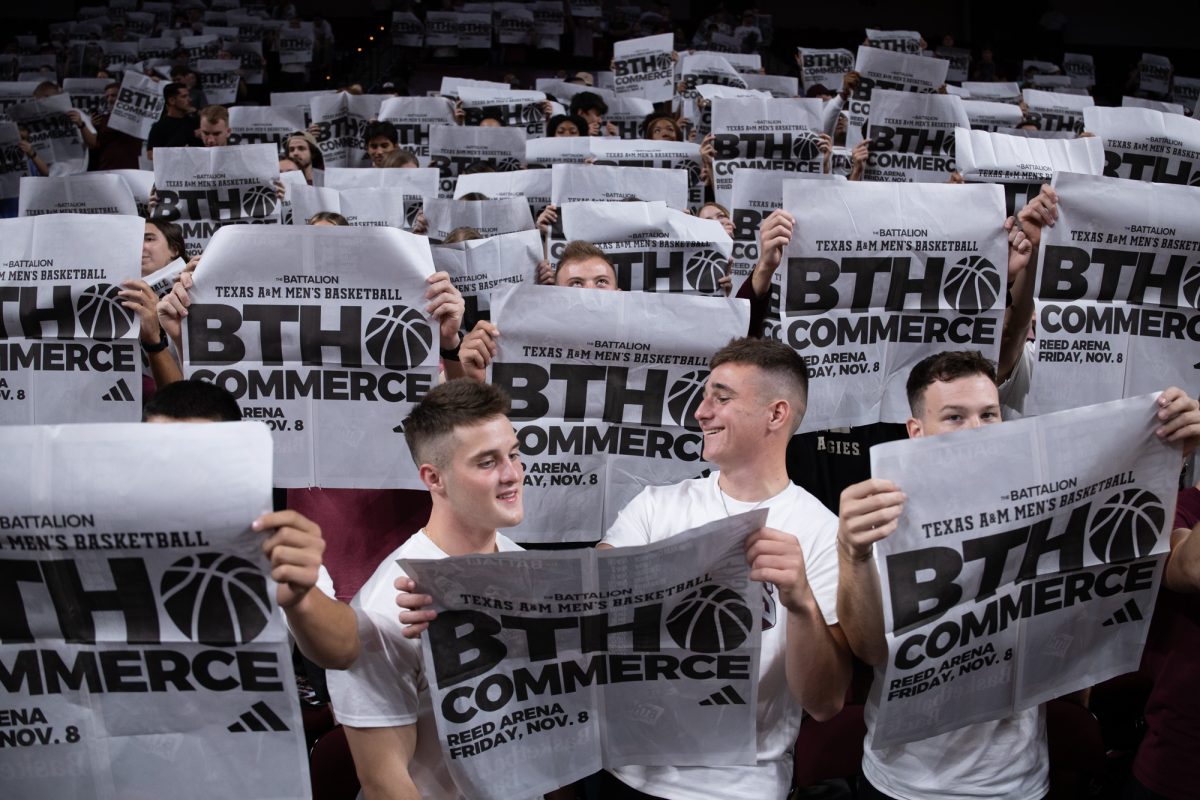


Eddie P • Apr 18, 2024 at 6:47 pm
I tried reading out loud and ended up screaming the whole thing… You went off.